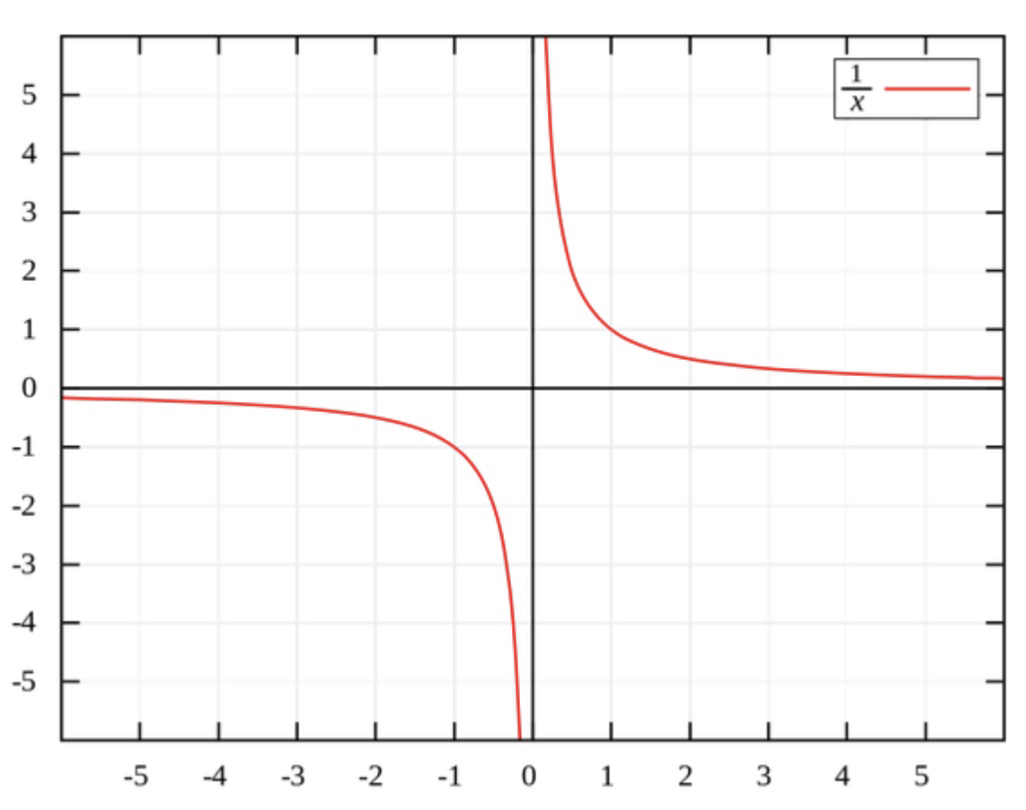

engineerguy (Bill Hammack) is a great channel where Bill explains all kinds of different things.


engineerguy (Bill Hammack) is a great channel where Bill explains all kinds of different things.


Playing devil’s advocate here, but is it truly a public good to have as many works as possible accessible to the public?
What if misinformation outweighs real information in the aggregate?


Relevant username?


Keith David makes a great Vice President too: https://saintsrow.fandom.com/wiki/Keith_David
Got mine a year ago and the OLED is really tempting. I’ve had the OLED switch and steam deck side by side and the screen on the switch is much better. What I’m hoping is that the screen is a drop in replacement option for the original.
Edit: Damn…
His breakdown of Wozmon was my introduction to him. He is incredibly good at explaining and breaking things down. I was riveted when I started watching.
8-Bit Guy is great. Love his deep dives on how older technology works.
Ronald Finger AKA Fingerprints Workshop
His videos on restoring a 1985 Fiero got me hooked. His video subject matter and editing style are interesting and fun.


It is undefined because the inverse of division is multiplication. If you multiply by zero, every answer is zero. If you try to invert that operation you can’t know which number was multiplied by zero to get zero because multiplying by zero doesn’t produce a unique answer for each operation.
Additionally, if you take the limit of 1/x as x approaches zero from the positive side the result approaches positive infinity. If you take the limit from the negative side it approaches negative infinity.

An interesting thing to think about is whether multiplication by zero really makes much sense in the concrete world. You can’t really have zero groups of something or some number of groups of zero. Zero groups of anything is still nothing. We can think of that abstractly once we have the abstract concept of numbers, but in the real world that idea is nonsense.


Wholeheartedly second Chernobyl. It’s an amazing show.
It shows the party dynamics of the decision making process for disaster response and the infighting that results really well. Not too much everyday life stuff but there is a bit.


Everyone here talking about CoD and all I want to know is how Star Fox on SNES beat out GoldenEye in 1997.


I actually have ADHD and the opposite is true for me. Working from home I can concentrate without distractions of office workers walking by, or talking about something that I’m not interested in but can’t block out. I work in my office at home with the door closed for practically the whole day and it’s great. My work has it’s own built in structure, but I imagine that other kinds of less structured work could be very difficult for someone with ADHD.


Thanks for helping bring this perspective to light. Most threads on work from home go all in on productivity being higher, but don’t take into account the longer term consequences of working from home on knowledge sharing, education, training, and team building. Even if productivity is higher now, that doesn’t mean it will remain that way in the long run.


Thanks for sharing. I think this is a really important factor that I feel most people don’t understand or care about.


While this is a nice idea, adoption of this kind of knowledge sharing is known to be extremely difficult to accomplish without a massive cultural shift in a company or department. Not to mention it requires those who are knowledgeable (typically older workers with less social media or computer experience) to be tech savvy enough to be active in a space dominated by younger employees asking questions.
I am a proponent of trying to bring knowledge capture software and methods into my department and company but the struggle is real. Getting people on board with this idea will basically require those who aren’t interested to leave by attrition for the culture to change enough to accept this idea. But those people who retire are exactly the people we want to capture knowledge from! It’s really a difficult situation.


My department works almost entirely on the computer but is made up of knowledge workers. We found that our metrics also reflected improved efficiency. However, our metrics didn’t (and likely can’t) measure knowledge sharing interactions and training effectiveness to compare working from home with in the office. Most of our department has noticed and believes that knowledge sharing and training interactions decrease when working from home. This is not good for long term health and efficiency of the department. In 5 to 10 years the quality of work we provide will go down (or at least not improve as much as it could) without these interactions. So a small sacrifice in efficiency now could be worth it in the long run.
It’s hard to quantify exactly what is being sacrificed one way or the other. The only way to really find out is to experiment and see what happens long term.


There is a tangible benefit in certain jobs from being in the same space. I work in a place where we are constantly training new employees with OJT. Continuous improvement and learning new things from peers is important for our future capabilities. Knowledge sharing is a big part of my job.
We rotate in-office and work-from-home weeks and there is a considerable reduction in questions asked and just general training-type or knowledge sharing interactions. Being able to ask a question or provide guidance directly, in-person, and off the cuff is easier than messaging or calling. I definitely get more work done at home, but sacrifice future efficiency of myself, my peers, and the department as a whole because of the reduction of knowledge sharing interactions.
I think we have struck a good balance with the rotation in the time being. We could certainly try to figure out ways to make knowledge sharing and training easier and more effective to do remotely, but as our culture is now, working from home makes it less effective.
Exceed is still the only program that handles graphically intense Unix X11 sessions properly for Windows machines. It’s still not great though.
Some of us still have to slog through old CAD applications that have long been abandoned.